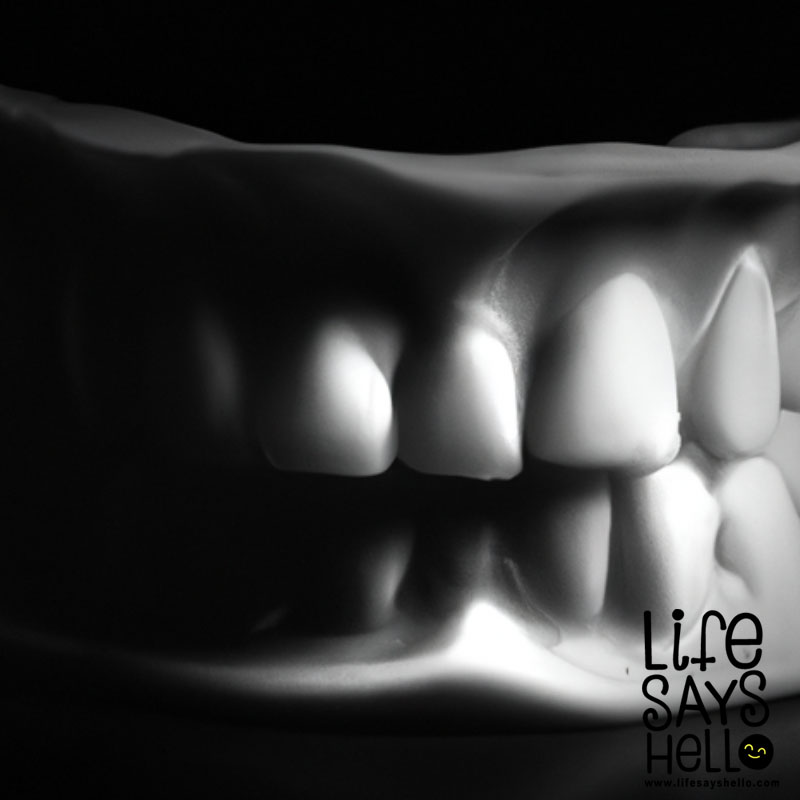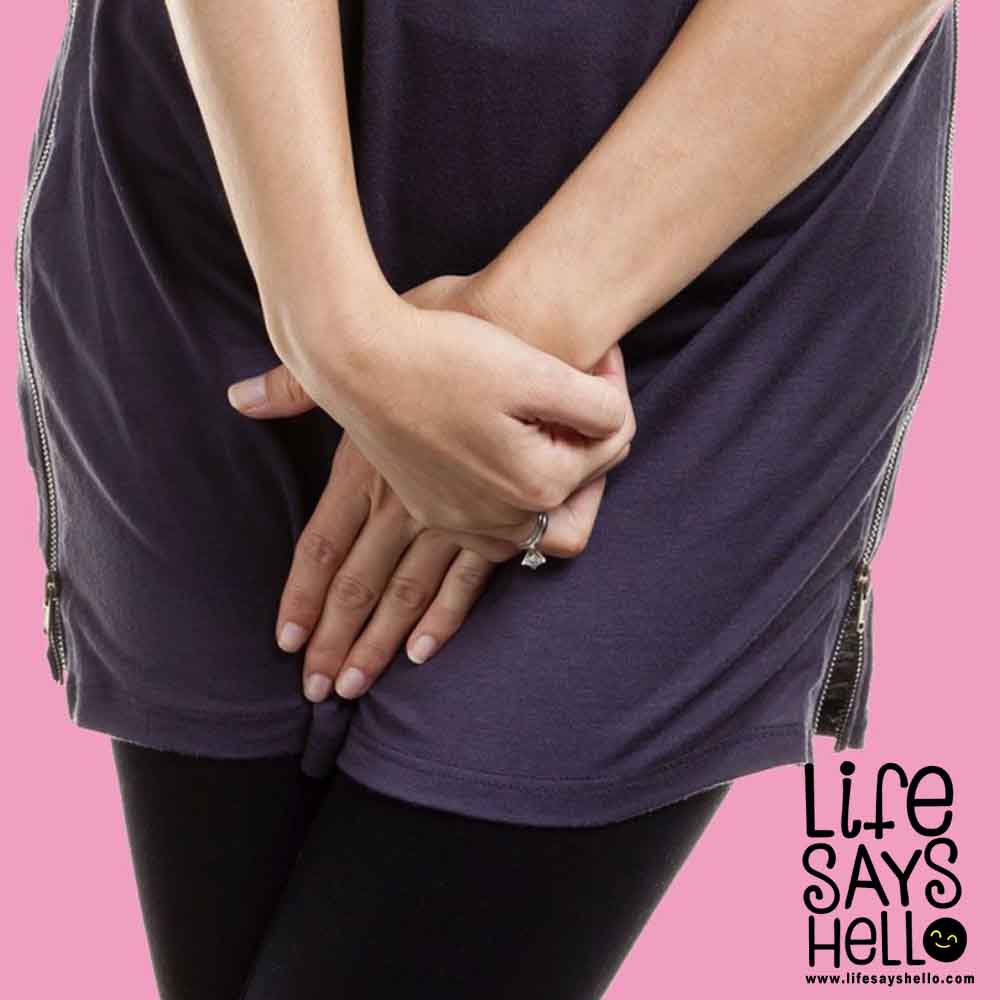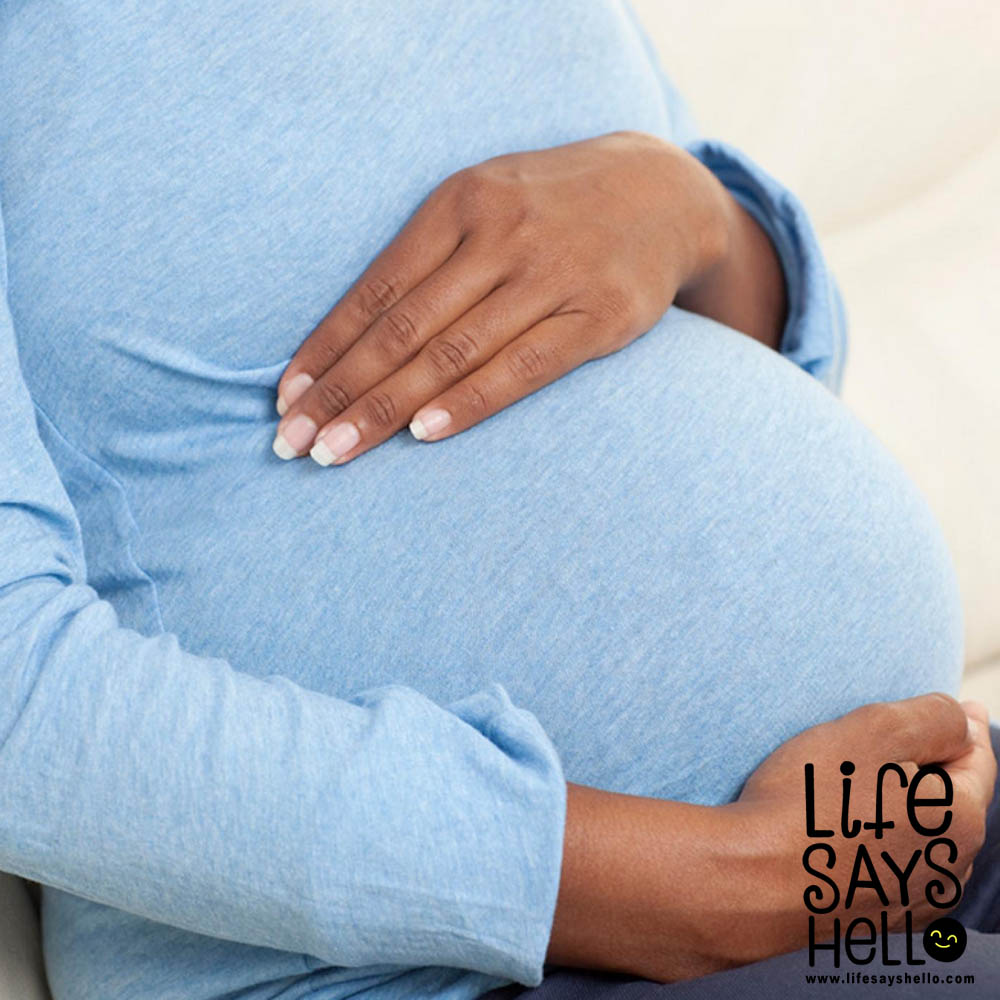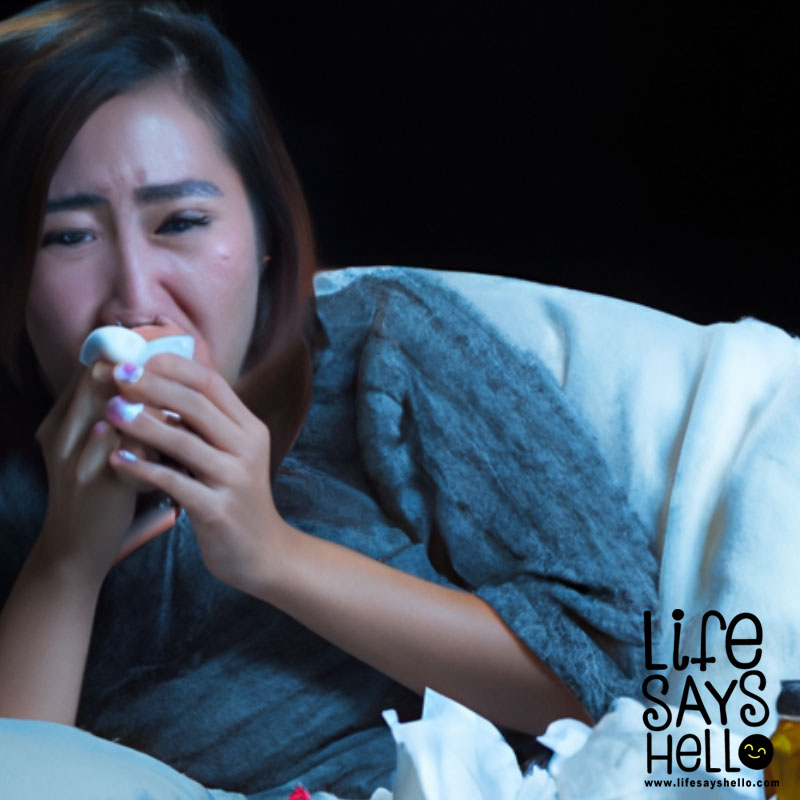Watch Out for These Symptoms of Egg Allergy in Your Baby

Is your baby experiencing strange rashes, digestive issues, or breathing problems? It could be a sign of egg allergy. Egg allergy is one of the most common food allergies in babies and young children. Thankfully, most kids eventually outgrow an egg allergy by age 5. But in the meantime, it’s crucial to recognize the symptoms so you can adjust your baby’s diet and treat reactions properly.
In this article, we’ll cover the full range of mild to severe egg allergy symptoms you need to look out for. We’ll also give tips for confirming your baby’s egg allergy through testing, ideas for avoiding dietary triggers, and when to seek emergency care. Let’s dive in!
Common Mild Symptoms of Egg Allergy
Some babies may experience fairly mild symptoms when they eat or come in contact with eggs. Here are some of the most common mild egg allergy symptoms:
Hives or Skin Inflammation
Hives or welts on the skin are a classic sign of food allergy. With egg allergy, hives usually pop up around the mouth, face, torso, arms, and legs within minutes or up to 2 hours after exposure. The hives look like red, raised, itchy patches on the skin. They may come and go.
Runny Nose, Sneezing, and Nasal Congestion
Egg allergy can also trigger typical allergy symptoms like a runny or stuffy nose, sneezing fits, and watery eyes. This happens when eggs cause an IgE-mediated immune reaction that releases histamine. The histamine then binds to receptors in the nasal passages, eyes, throat, and lungs, leading to inflammation.
Nausea, Vomiting, and Digestive Upset
About half of children with egg allergy experience some GI symptoms like nausea, stomach pain, vomiting, and diarrhea after eating eggs. Researchers think this may be due to egg proteins passing through the stomach and triggering immune responses in the gut.
So if your baby spits up, vomits, has loose stools, or clutches their belly after eating eggs, an allergy could be to blame. GI symptoms may start within minutes or take a few hours to develop.
Severe and Potentially Dangerous Egg Allergy Symptoms
While mild symptoms are annoying, the severe reactions of egg allergy can become life-threatening. Here are the most serious egg allergy symptoms to watch for:
Difficulty Breathing
One of the hallmarks of a severe food allergy reaction is respiratory distress. Babies may develop audible wheezing, cough persistently, or have labored breathing after eating eggs. Their chest and neck may suck in with each breath.
If your baby is working hard to breathe or making wheezing sounds on exhale, their throat may be narrowing dangerously. This condition is called anaphylaxis and requires epinephrine and emergency care. Don’t hesitate to call 000 at the first sign of breathing trouble.
Swelling of the Throat and Tongue
In addition to wheezing, airways can swell and obstruct from egg allergy. Your baby’s tongue or lips may rapidly enlarge and turn red. Their voice might sound hoarse or they’ll have difficulty speaking or crying.
Swelling in the mouth and throat is a medical emergency. It can cut off airflow very quickly. If you notice these signs, give epinephrine if you have it, and dial 000 immediately.
Becoming Pale, Floppy, or Collapsing
When a baby has a severe allergic reaction, their blood pressure can suddenly drop. This causes dizziness, weakness, and floppiness. Babies may cry weakly, lose consciousness, become very pale, or even collapse.
If your baby becomes limp, unresponsive, or passes out right after eating eggs, call 000 and request an ambulance. Position them on their side to avoid choking and monitor breathing closely until paramedics arrive.
Vomiting, Diarrhea, or Abdominal Pain
While mild GI symptoms are common with egg allergy, severe vomiting, diarrhea, and belly pain can signal an anaphylactic reaction. The vomiting may contain blood or mucus.
Severe gut reactions to eggs need emergency treatment. Give epinephrine if available and get your baby to an ER right away.
When you see any of these life-threatening egg allergy symptoms in your baby, don’t take chances. Call doctor immediately and/or administer epinephrine if prescribed. Even if symptoms seem to resolve, still go to the ER to ensure your baby recovers fully.
How Doctors Diagnose Egg Allergy
If you suspect your baby may be allergic to eggs, see your pediatrician or allergist. They’ll take a full history of your child’s symptoms and when they appear.
Doctors can confirm an egg allergy through skin prick testing and blood tests:
Skin prick test: The doctor places a tiny amount of egg protein extract on the arm or back. If a raised, red itchy bump forms within 15 minutes, it indicates allergy antibodies.
Specific IgE blood test: This measures levels of IgE antibodies to eggs in the bloodstream. Higher antibody levels confirm an egg allergy.
These tests are the gold standard for diagnosing egg allergies. Keep in mind that skin or blood testing alone can’t predict if your child will react mildly or severely to eggs. So it’s still crucial to watch them carefully when reintroducing egg-containing foods.
Avoiding Egg Triggers in Your Baby’s Diet
The only way to prevent an allergic reaction is strict egg avoidance. Here are some tips for keeping eggs out of your baby’s meals and snacks:
Don’t Introduce Whole Eggs Too Early
Most experts recommend waiting to introduce egg-containing foods until 12 months old, once other solid foods are well tolerated. Introducing eggs before 6 months old may increase the risk of developing an egg allergy.
Read Labels Carefully
Eggs and components like albumin, lysozyme, ovalbumin, and more can hide in many products. Carefully read the ingredient lists on packaged foods, especially:
- Baked goods like breads, muffins, waffles, pasta, cookies, and crackers
- Breakfast cereals
- Sauces, gravies, dressings, and spreads
- Meats like sausage, meatballs, or breaded products
- Soups, broths, and bouillon
- Desserts like pudding, custard, or cream pie
- Certain beverages like egg nog
If in doubt, avoid it or contact the manufacturer. Look for “egg-free” labels on packaged foods.
Skip These Egg-Containing Foods
Avoid serving your baby any dishes that list eggs as an ingredient, like:
- Scrambled, fried, poached, or boiled eggs
- Omelets, frittatas, and other egg-based dishes
- Quiche or soufflés
- Pancakes, waffles, or French toast
- Egg salad, custard, or mayonnaise-based foods
- Meringue cookies or fresh cake frosting
- Fresh pastas, ravioli, or won tons
- Battered or breaded fried foods
- Ice cream, pudding, flan, or other custards
Handle Baked Goods With Caution
Many children with egg allergy can tolerate egg baked into bread, cakes, or muffins without reacting. The high temperatures may change the egg proteins so they’re less allergenic. Speak with your doctor before trying baked goods containing eggs. Introduce them at home so you can monitor for reactions closely.
Choose Egg-Free Recipes
Explore cookbooks and websites with egg-free recipes. For baking, you can substitute 1 tablespoon ground flax or chia seeds whipped in 3 tablespoons water for each egg. Silken tofu, mashed banana, and applesauce also work well in some recipes.
Being diligent about reading labels and learning substitutions will allow you to find lots of tasty egg-free meals and treats for your baby to enjoy.
When to Seek Emergency Care for Egg Allergy
Hopefully by avoiding dietary triggers, you can prevent reactions in your baby. But if they do develop any concerning signs after ingesting eggs, act right away:
For mild symptoms like hives or GI upset, call your doctor to report the reaction. They may recommend an antihistamine.
For severe symptoms like breathing difficulty or a swollen tongue/throat, call 000 immediately. If prescribed, give epinephrine then head to the ER.
Even if symptoms resolve with epinephrine, still go to the emergency room for observation. Biphasic reactions can occur.
Don’t take chances if your baby has signs of anaphylaxis. Studies show epinephrine given promptly saves lives and prevents hospitalizations. But the window is narrow - symptoms can escalate rapidly. So if your baby has any concerning airway, breathing, or circulatory symptoms, make the call to 000 without delay.
The Bottom Line
Egg allergy can be frightening for parents as reactions run the gamut from mild to potentially life-threatening. But by learning the symptoms, having an action plan, and being vigilant with your baby’s diet, you can stay one step ahead.
Watch for signs of hives, respiratory issues, severe GI symptoms, and circulatory problems that signal anaphylaxis. Carry epinephrine if prescribed. With proper management, most babies do grow out their egg allergy by school age. But until then, stay alert and avoid eggs to keep your little one healthy.




Comments